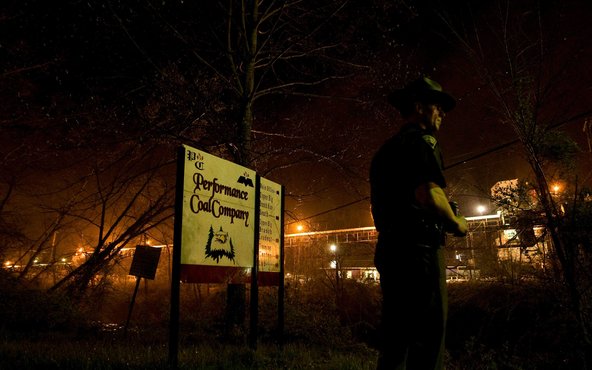An antenna? Where does that go, on top of the cathode-ray tube?
That’s one of the tips Time Warner Cable put up on screen after it stopped showing CBS around the country on Friday. There was also some invective about what CBS is demanding that led the cable company to impose a blackout.
As a subscriber in New York, I felt like the child who walks into the house to hear Mom explain that Dad is gone and can be visited on Wednesdays and alternate weekends. Children don’t care why, or who was wronged; they just don’t want divorce to change anything, and they especially don’t want to commute across town to see their father.
Plenty of people don’t love “Under the Dome” and rarely watch CBS (“The Big Bang Theory” reruns can be found on other channels), and relatively few prefer “CBS This Morning” to “Today” or “Good Morning America.”
But people don’t like to be told they can’t watch CBS because Time Warner Cable doesn’t want them to.
The shock is gradual. Just as a child can be assured that the parents will smooth over their differences in time for Christmas — Grandma is coming — it’s hard to imagine that CBS and Time Warner won’t find a temporary compromise in time for the next episode of “Under the Dome” or the PGA Championship next weekend.
But nevertheless this changes things, maybe forever.
So I followed Time Warner’s other piece of advice and signed up for Aereo: $8 a month plus tax, and the first month is free.
And that’s when I realized that like spouses in the middle of an ugly separation, both sides are completely insane.
Aereo allows viewers to watch broadcast network shows at any time, live, with an option to record for later viewing. It’s one thing to know that an alternative to cable exists. It’s another actually to try it. I was instantly able to watch CBS on Saturday, and instantly concluded I wasn’t missing much (golf). I don’t like watching live television on a laptop. It turns out that Aereo can be watched on a television set via Apple TV and similar systems.
Naturally, I couldn’t figure out how to make that work over the weekend, and will need to hire a specialist (someone who reads instructions), but I am quite confident that I will soon be able to watch CBS via Aereo on Apple TV, on my 40-inch living room television. For all I know, the technician will be able to access Apple TV in the kitchen as well. So: no need for Time Warner.
The only thing more suicidal than Time Warner inviting subscribers to try out its less expensive competition is for CBS to hold out for higher fees from Time Warner. The cable company and the network should be in league against their common enemy. CBS and other networks have gone to court to block companies like Aereo from showing their programs. Cable companies are required to pay a retransmission fee to the networks in order to present network programming. Aereo, on the other hand, argues that television is free via the airwaves, and pays nothing.
Aereo only offers broadcast channels. Showtime, which is owned by the CBS Corporation, is also being held hostage under the blackout. (The Showtime Web site gave a phone number for complaints against Time Warner beneath the faces of the stars of “Homeland,” “Dexter” and “Ray Donovan” looking like missing children on a milk carton.) But Netflix and other Web-streaming companies are well on the way to supplanting premium cable.
Mutually assured destruction is a deterrent that only works when there are two superpowers with the same nuclear capability. The battle between broadcast networks and cable providers is more like a toxic custody battle: If it is bad enough, neither parent wins, and children grow up too fast and go their own way.
Soon, everyone may be calling Aereo Mommy, and Netflix Daddy.

Article source: http://www.nytimes.com/2013/08/05/arts/television/surviving-cbss-fight-with-time-warner-cable.html?partner=rss&emc=rss
